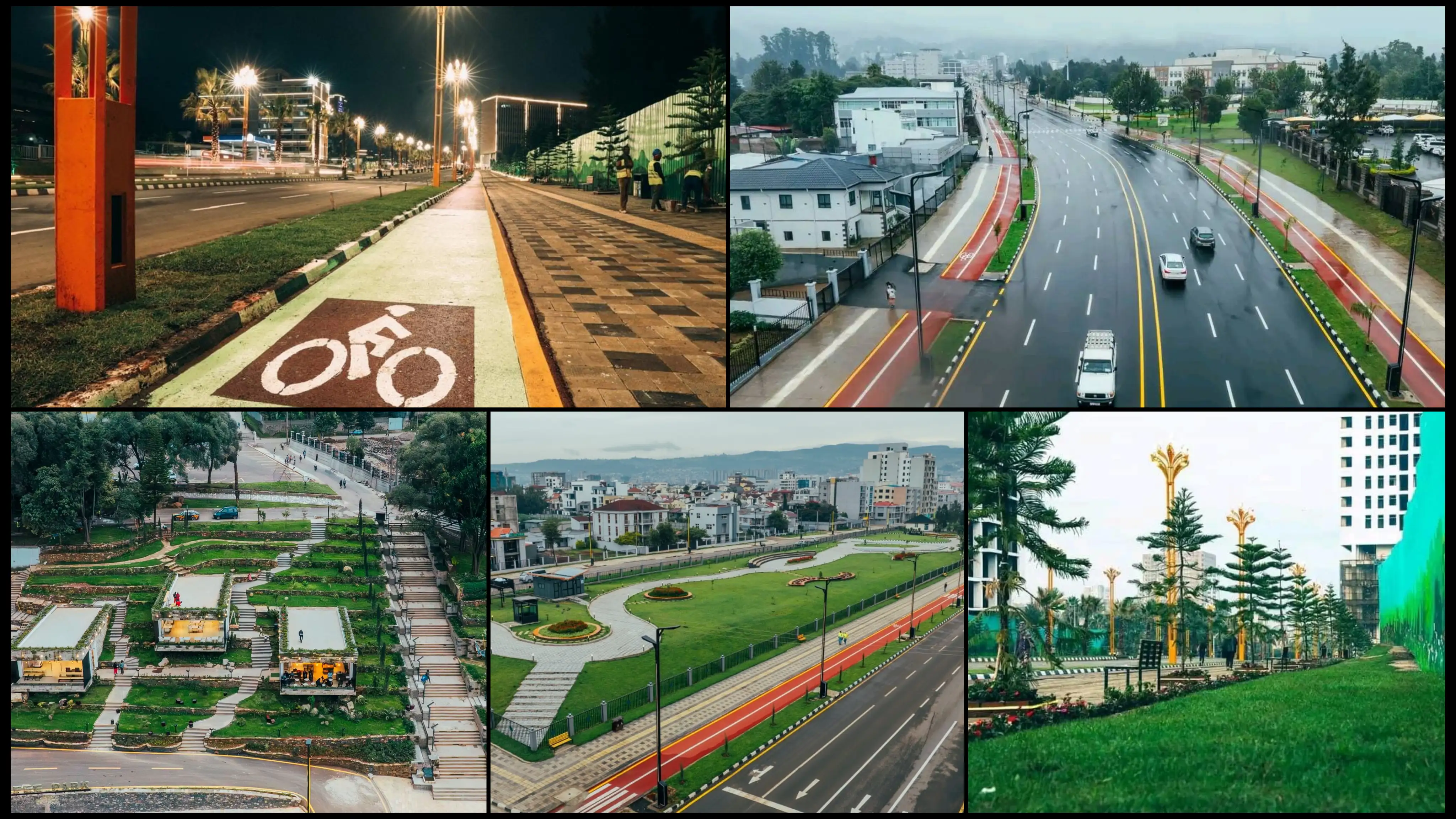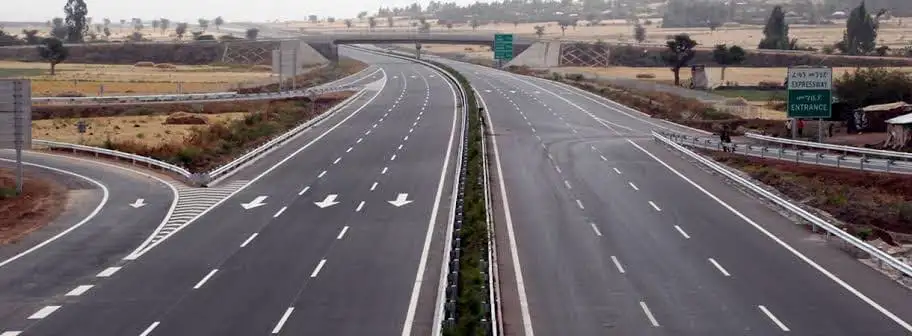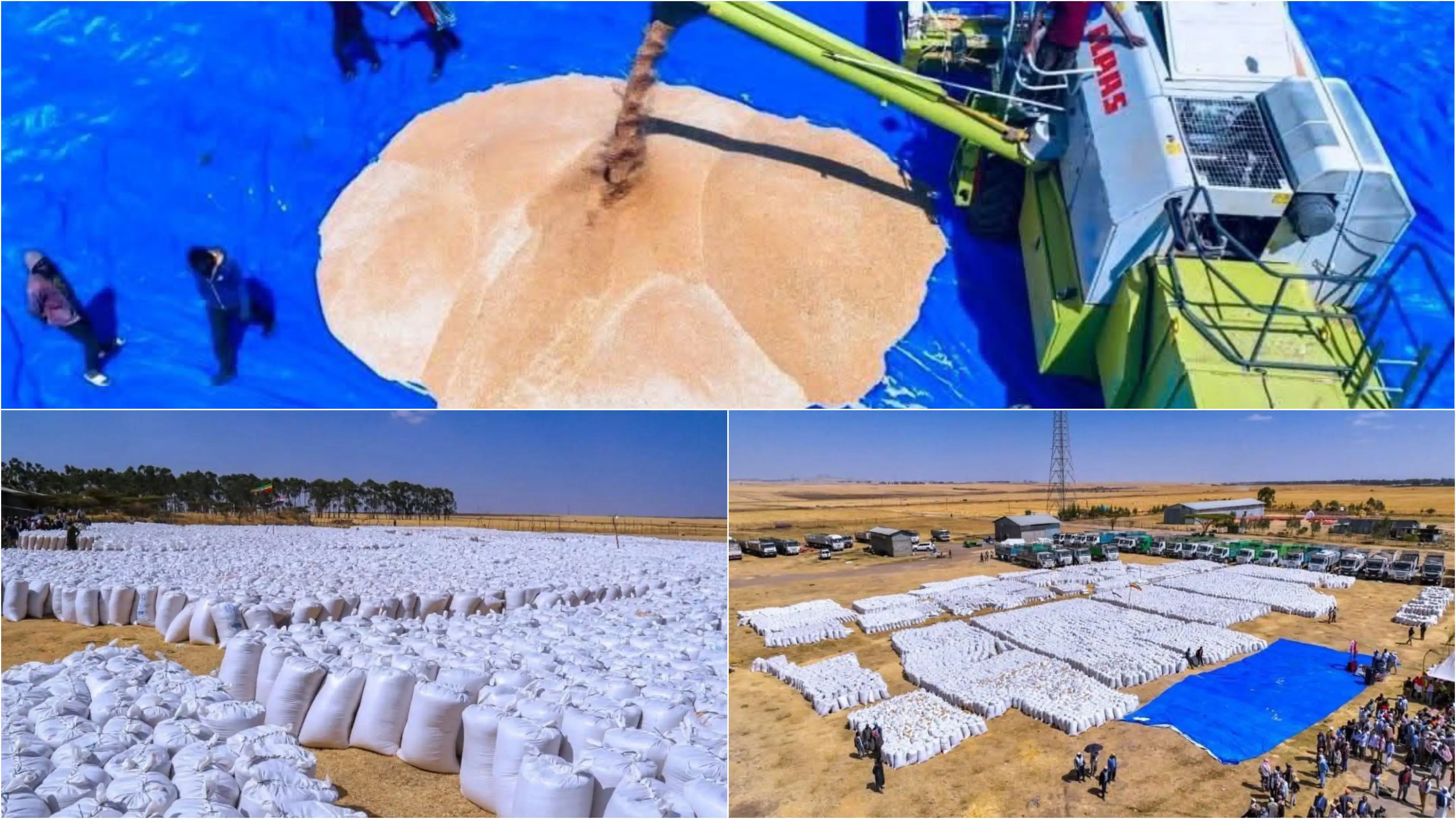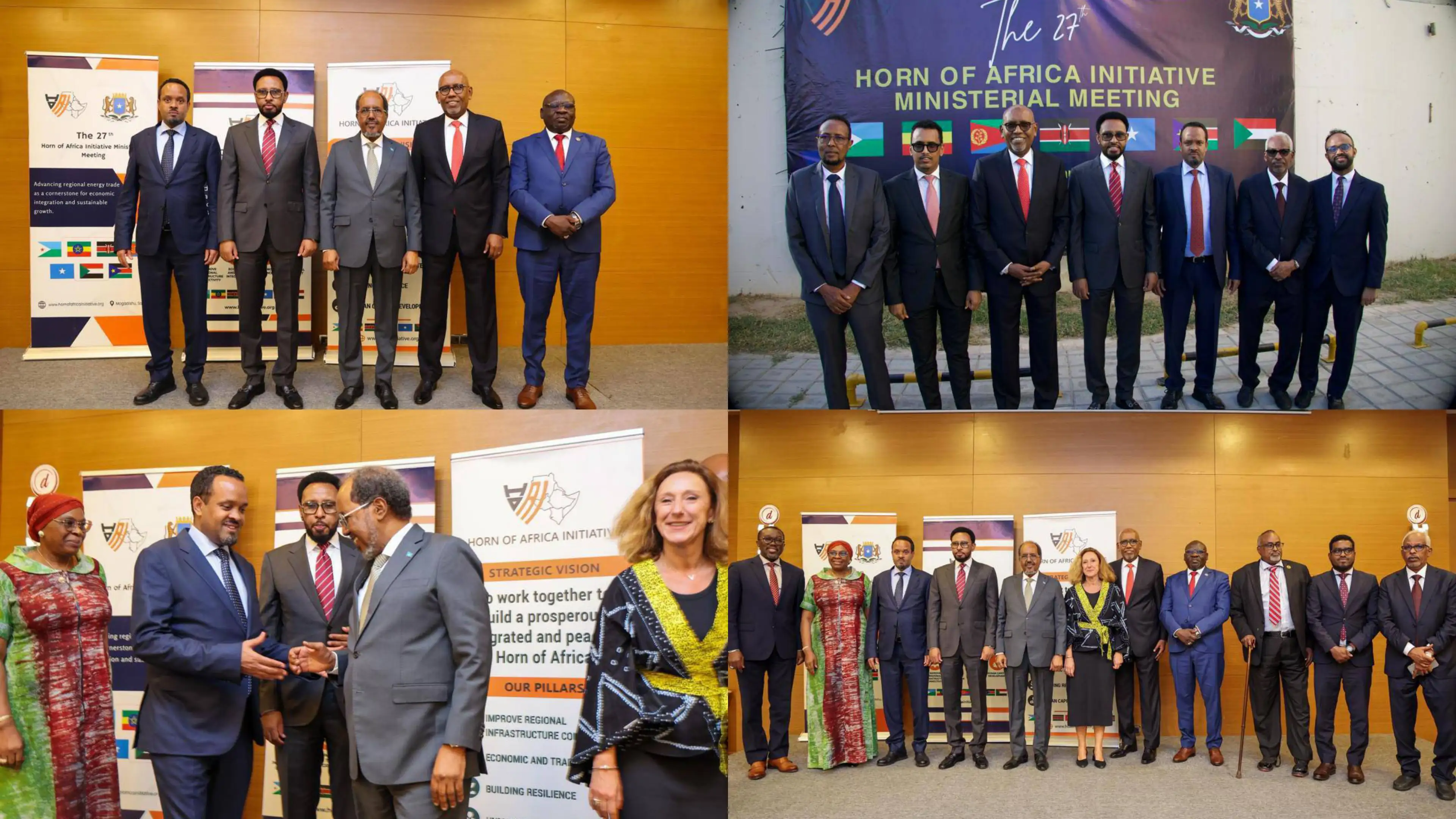The newly developed Addis Ababa Corridor Project has successfully addressed the long-standing infrastructure needs of persons with disabilities, according to Abayneh Gujo, Director General of the Ethiopian National Federation of Persons with Disabilities (ENFPD).
Abayneh noted the country previously faced a significant challenge due to the major scarcity of accessible public restrooms and washing facilities for persons with disabilities. He confirmed that the corridor development has alleviated this critical problem.
The ongoing and completed corridor work in the city has been designed to guarantee accessibility, ensuring that even facilities like taxi stops are usable for wheelchair users .
Abayneh recalled that prior taxi stops in the city were inaccessible and posed significant difficulties for persons with disabilities. He stressed that the new, modern structures meet the highest standards of inclusivity, thereby solving problems for all segments of the community.
He described the Addis Ababa Corridor Project as a major initiative that has not only modernized the city’s overall infrastructure but also responded directly to the infrastructure demands of persons with disabilities, demonstrating a strong commitment to inclusive design.
The development encompasses a broad scope, including bicycle lanes, pedestrian walkways, taxi stops, and infrastructure for persons with disabilities, all planned and executed in a manner that ensures dignity for every resident.
While benefiting the entire community, the corridor is being implemented with exceptional convenience for persons with disabilities. Abayneh expressed confidence that even greater results could be achieved if a culture of consulting persons with disabilities were integrated before development projects commence.
He praised the initiative, which was championed by Prime Minister Abiy Ahmed (PhD), for creating a vital link that now allows a wheelchair user to travel easily from Bole to Piassa and back—a change he called "significant."
"The work completed so far has exceeded our expectations," he stated, adding, "Going forward, we must strengthen our commitment to sustainably continue these positive projects."
Abayneh also called for this inclusive model, which encompasses all parts of the community in Addis Ababa, to be replicated, urging that all future corridor developments in regional cities across the country must be designed with persons with disabilities in mind.




